The Writing Life with S.W. O’Connell, Author of 'The Cavalier Spy'
S.W. O’Connell is the author of the Yankee
Doodle Spies series of action and espionage novels set during the American
Revolutionary War. The author is a retired Army officer with over twenty years
of experience in a variety of intelligence-related assignments around the
world. He is long time student of history and lover of the historical novel
genre. So it was no surprise that he turned to that genre when he decided to
write back in 2009. He lives in Virginia.
Welcome to The Writer's Life eMagazine and congratulations on the release of your book, The Cavalier Spy! Tell us, what’s
inside the mind of a historical fiction author?
I think that historical fiction
writers are in two worlds and have two objectives. They are in the world of the
novelist and the world of the historian. They want to present a great story.
But they also want to present great history. It can divide you a bit so the
right balance needs to be met.
What
is so great about being an author?
Well it is two phase thing, in my mind.
Phase one, the writing process, is a very private endeavor. You do it alone
bringing thoughts and senses together. It’s very introverted pastime: hours
alone at the keyboard or pen, hours of research, hours of revisions. But the
second phase, the publishing process, becomes a more public endeavor. That side
of it – getting a book out and then promoting it, is more of an extrovert
endeavor. Dealing with editors, publishers, artists, and in my case, map
makers, makes it a team effort. I like both sides of it. Oh yes, and I like
crafting stories that people enjoy.
When
do you hate it?
Well I hate it… never. But it is hard. It sometimes can be very
hard to develop ideas and build a world, so to speak. And it can be
tedious. And the commitment takes you
away from other things (and people) you love.
What
is a regular writing day like for you?
Honestly, I don’t have a
regular day. I set aside chunks of days and try to bang out 20 thousand words
or so. Then I recharge my batteries and
begin another chunk of days. I do my best writing from mid-morning to midafternoon.
Rarely anything before six am. And rarely anything after seven pm. I do write
on vacation as well. I can take only so much beach or golf. But vacation
writing is usually polishing things up.
Do
you think authors have big egos?
I think so. To take
your innermost thoughts and ideas and lay them out for the world to see (and
criticize) takes some ego. Writing is pretty personal. I have enough of an ego to do it, yes. But
there are times you must put your ego in a box. That’s during the publication
process. I almost always submit to editorial comments. One involved how my main
character should behave with certain women. I pushed back at first, but she
ultimately convinced me that there were certain ways eighteenth century men and
women interacted when they were of a certain social strata.
How
do you handle negative reviews?
That depends on the review. If the negative
review is constructive, it’s certainly easier to take, and also to take into
consideration. If the review is a hatchet job, then it becomes clear to me that
the reviewer and I are on different planes. I sort of shrug them off.
What
is the usual response when you tell a new acquaintance that you’re an author? They
often say, “Really?” Then, “What do you write?”
What
do you do on those days you don’t feel like writing? Do you force it or take a
break?
I have a life outside of writing. But on days I don’t sit down to pound
out some words I am active on social media for at least one hour daily. I had
to develop a web page, a Blog and Facebook Page, an Amazon Author’s Page, and a
Twitter Page. My Blog is called Yankee Doodle Spies. It is generally profiles
of people, places or things involving the American Revolution. Itry and write it in an easy, if not
whimsical, style. My Facebook page is a daily posting of American Revolution
events – mostly this day in 1776 kind of stuff. I’d say anyone who reads my
page daily is getting a pretty intense course on the American Revolution. On my
Facebook Timeline I post similar things plus anything current involving
Revolutionary War events, historical sites, groups, museums, etc. The same goes
for Twitter. I do occasionally put out
stuff about my writing and point folks to web sites where the can learn more
and purchase, primarily Amazon and B&N.
Any
writing quirks?
Quirks to you perhaps.
To me, just the way I’m wired. I like to re-write sentences as I go along, so I
don’t like hand writing my manuscripts. I tend to draft up a plan for the book
with a chapter by chapter template. But I usually wander from it. In that sense
I’m like a my Labrador retriever Jeb… who I walk to the Potomac River whenever
I need a break to clear the air. He wanders off at any opportunity. As I write
action scenes I try and put myself in the moment. Those are intense for me. And
I often just move to a new chapter without a rule for how many pages it should
be.
Have
you worked on your novel intoxicated? Yes I have.
What was the result?
Read the book! Seriously, I occasionally will
have a beverage when I am reviewing and amending. But it is usually green tea.
What
would you do if people around you didn’t take your writing seriously or see it
as a hobby?
Well I think some do. I had a whole life in the Army before I
started all this. It’s hard for some to not think of you only as that Army guy
they knew. Who knows, maybe they are right. But such notions don’t affect the
fact that I write and the stories I am trying to get out.
Some
authors seem to have a love-hate relationship to writing. Can you relate?
Yes I can relate. I love getting the story
out. Tales that need telling. Both my fictional plots and the factual events I
weave them through. But the process can be painful.
Do
you think success as an author must be linked to money?
As an author, yes. As a writer, no. Hermann Melville was not
well received in his time. So as an American author he was unsuccessful. But
many decades later, his work was” discovered” by British critics and he was
recognized as a great American writer.
Leave
us with some words of wisdom. Write what you love. Love what you write.
////////////////////////////////////
Title:
The Cavalier Spy
Genre:
Historical
Author:
S. W. O’Connell
Website:
www.yankeedoodlespies.com
Publisher:
Twilight Times Books
Purchase
link: http://www.twilighttimesbooks.com/TheCavalierSpy_ch1.html
About
the Book:
1776:
His army clinging to New York by a thread, a desperate General George
Washington sends Lieutenant Jeremiah Creed behind British lines once more. But
even the audacity of Creed and his band of spies cannot stop the British
juggernaut from driving the Americans from New York, and chasing them across
New Jersey in a blitzkrieg fashion. Realizing the imminent loss of one of the
new nation’s most important states to the enemy, Washington sends Creed into
the war-torn Hackensack Valley. His mission: recruit and train a gang of rogues
to work behind British lines.
However, his mission takes a strange twist when the British high command plots
to kidnap a senior American officer and a mysterious young woman comes between
Creed and his plans. The British drive Washington’s army across the Delaware.
The new nation faces its darkest moment. But Washington plans a surprise return
led by young Creed, who must strike into hostile land so that Washington can
rally his army for an audacious gamble that could win, or lose, the war.
"More than a great spy story... it is about leadership and courage in the
face of adversity...The Cavalier Spy
is the story of America's first army and the few... those officers and soldiers
who gave their all to a cause that was seemingly lost..."
~ Les Brownlee, former Acting Secretary of the Army and retired Army Colonel
"Secret meetings, skirmishes and scorching battles... The Cavalier Spy
takes the reader through America's darkest times and greatest triumphs thanks
to its powerful array of fictional and historical characters... this book shows
that courage, leadership and audacity are the key elements in war..."
~ F. William Smullen, Director of National Security Studies at Syracuse
University's Maxwell School and Author of Ways and Means for Managing UP


















































































































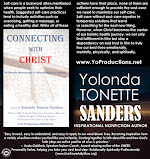


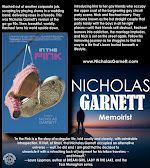


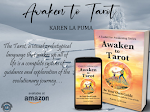
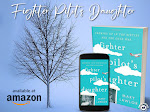




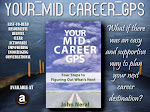
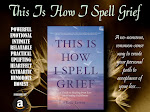
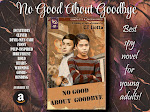

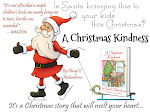
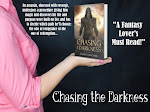
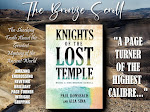


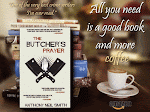


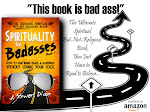

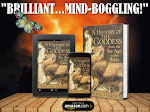

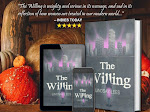
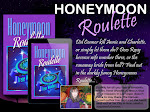
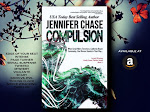

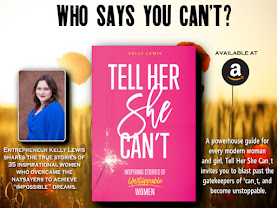










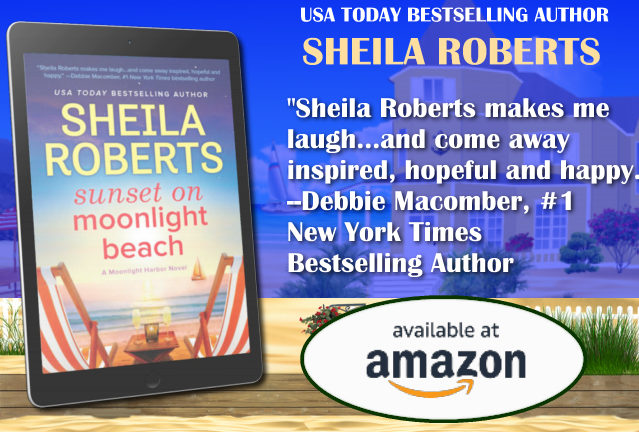



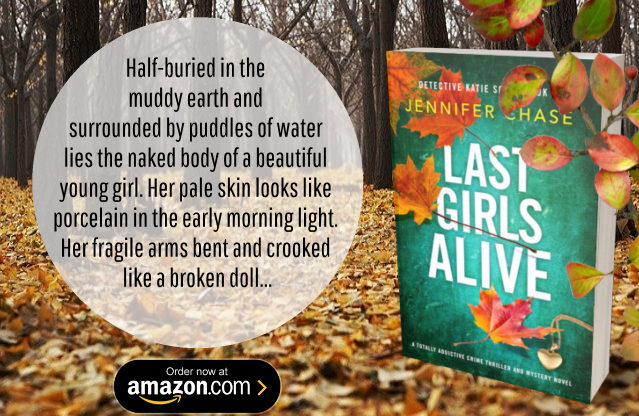
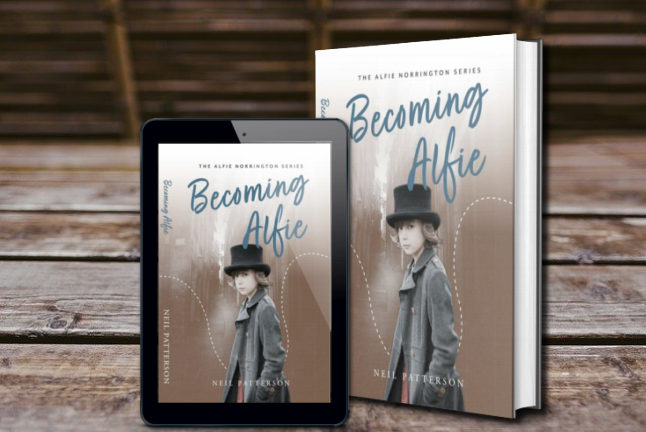


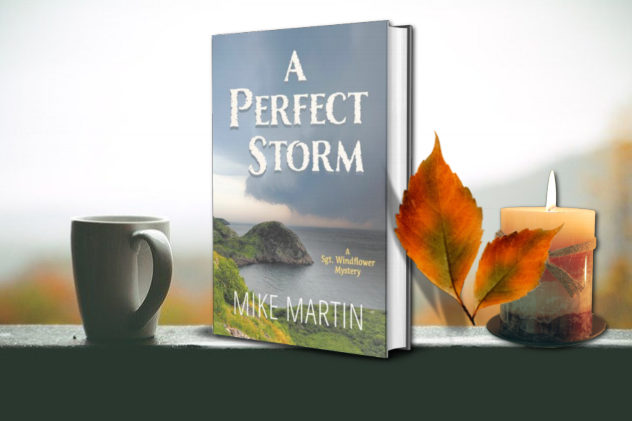
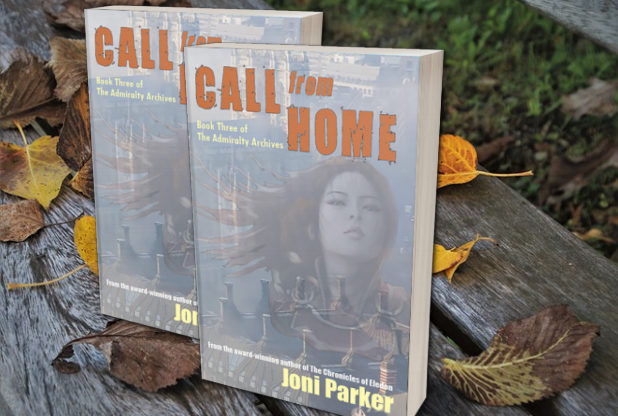
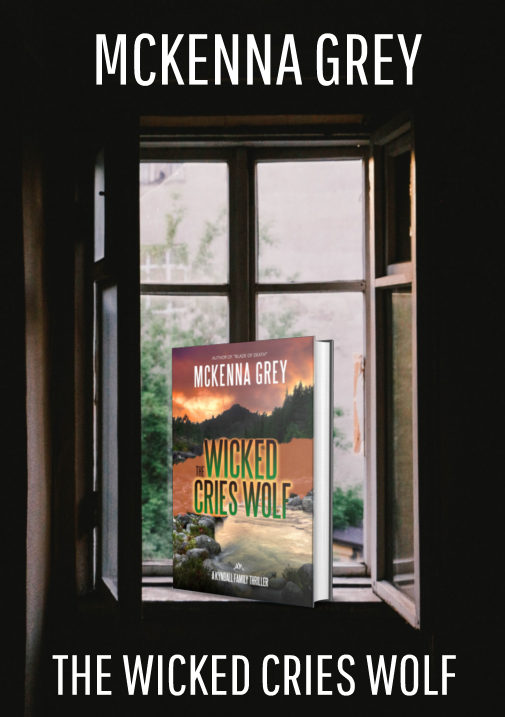


Leave a Comment